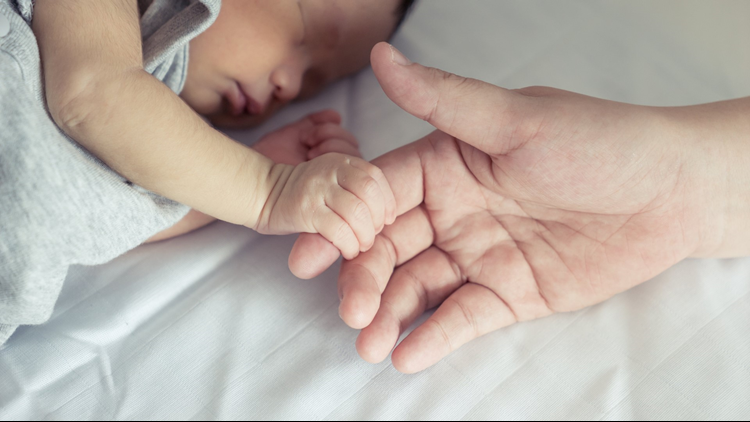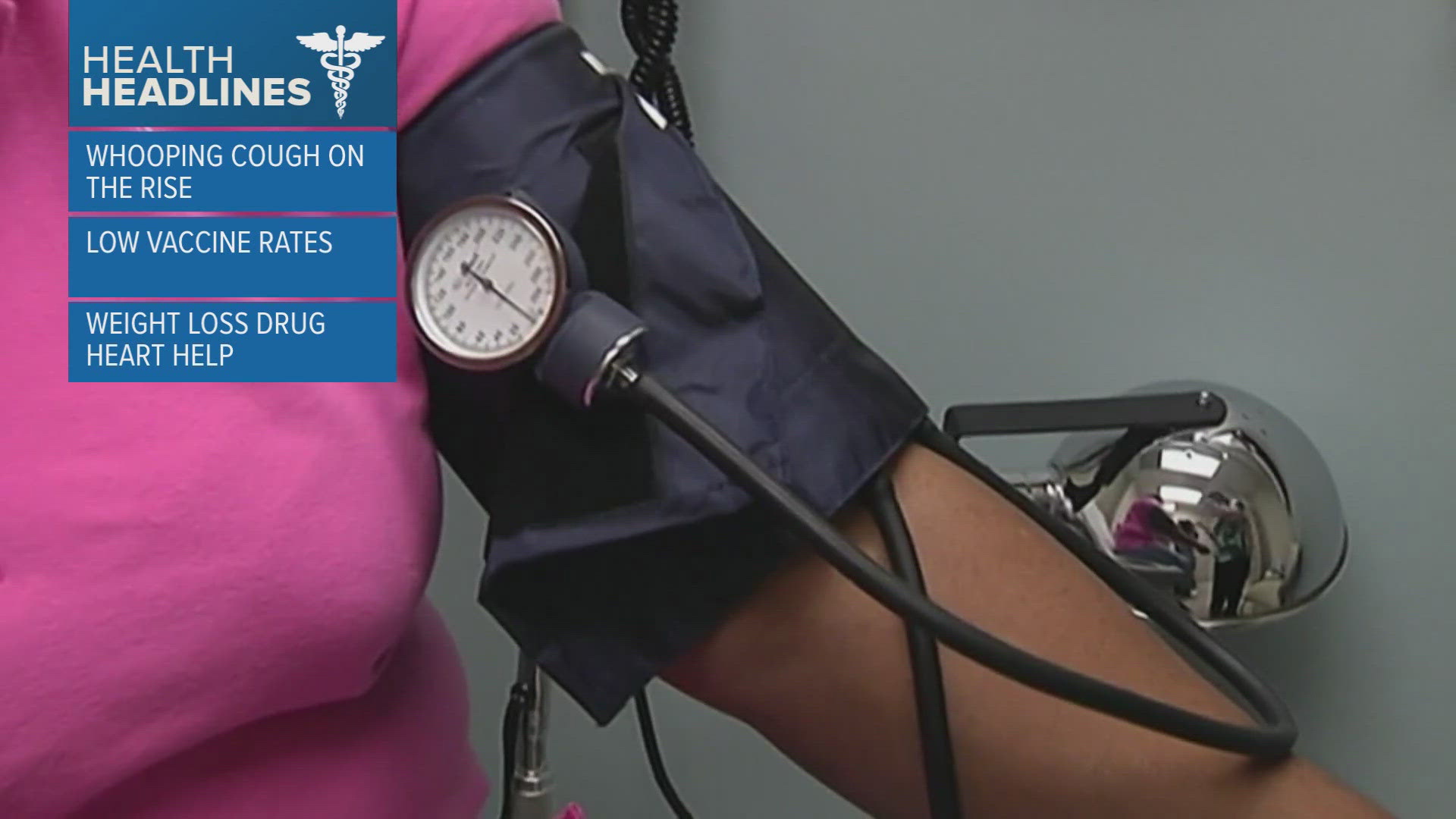KUSA — Black and Hispanic women are more likely to have life-threatening complications during childbirth, according to a new study.
Researchers looked at a national dataset of more than 2.5 million women over a four-year period of time frame who delivered babies.
Almost 41,000 women had life-threatening complications (e.g. bleeding, blood clots, hysterectomy, shock, infection etc.) during childbirth, and there were some very alarming differences in risk based on who was giving birth
Black women had a 70 percent higher rate of life-threatening emergency conditions during delivery as compared to white women. Women of any race who had any medical problems like diabetes, asthma, mental health or substance abuse issues also had more complications at the time of delivery.
After adjusting for age, income and insurance type, minority women who were Black and Hispanic had higher rates overall of complications during delivery, even if they were healthy. Minority women with two or more medical conditions also were more likely to have life-threatening emergencies.
Why is childbirth such a high-risk time?
Serena Williams is a celebrity tennis player who has been vocal about her complications after her c-section delivery. She had blood clots in her lungs, life-threatening bleeding requiring surgery, and getting a filter placed in her vein to stop future clots.
Pregnancy and childbirth are very tough times on a woman’s body. 700 women die every year from pregnancy and childbirth.
This rate is three times higher than Canada and much higher than the rest of the world. About half of all pregnancies are unplanned, so many women are not necessarily in their best medical condition. The U.S. has high rates of chronic medical conditions like high blood pressure, diabetes, obesity and others which make pregnancy and childbirth more complicated.
Health insurance and difficulty getting prenatal care also contributes to this issue. The U.S. also has high rates of c-sections, which are associated with more complications. There is also a need for more training and education for healthcare providers to recognize complications sooner.
Tips for women who are pregnant, or are trying to become pregnant:
- Optimize your health BEFORE, DURING and AFTER your pregnancy. The healthier Mom is, the better the pregnancy will be.
- Go to your prenatal care visits. Diagnosing high blood pressure, diabetes and other conditions early can have a huge impact on mom and baby’s health.
- Be your own health advocate. Sometimes being vocal about how you are feeling can be very important during this time period. Serena Williams alerted medical staff about having a hard time breathing, which led to the blood clots being diagnosed.
- “4th trimester” is just as important as the first three. The American College of Obstetricians and Gynecologists are advocating for this. It is important to watch out for signs of blood clots, blood loss, depression, seizures and other issues during the weeks after delivery.
How can healthcare providers make this time safer for women?
We need to pay special attention to all women who have multiple health conditions and try to make sure their other health problems are addressed. As a medical community, there is still a lot of work that is needed to decrease disparities in accessing prenatal care, addressing mental health and substance abuse issues.
During delivery, we have done a great job in lowering infant mortality, now it is time to refocus on mom during all phases of the pregnancy, childbirth and post-delivery.
Follow 9NEWS Medical Expert Dr. Comilla Sasson on Facebook and Twitter. Have a question for Dr. Comilla? Email her at c.sasson@9news.com



